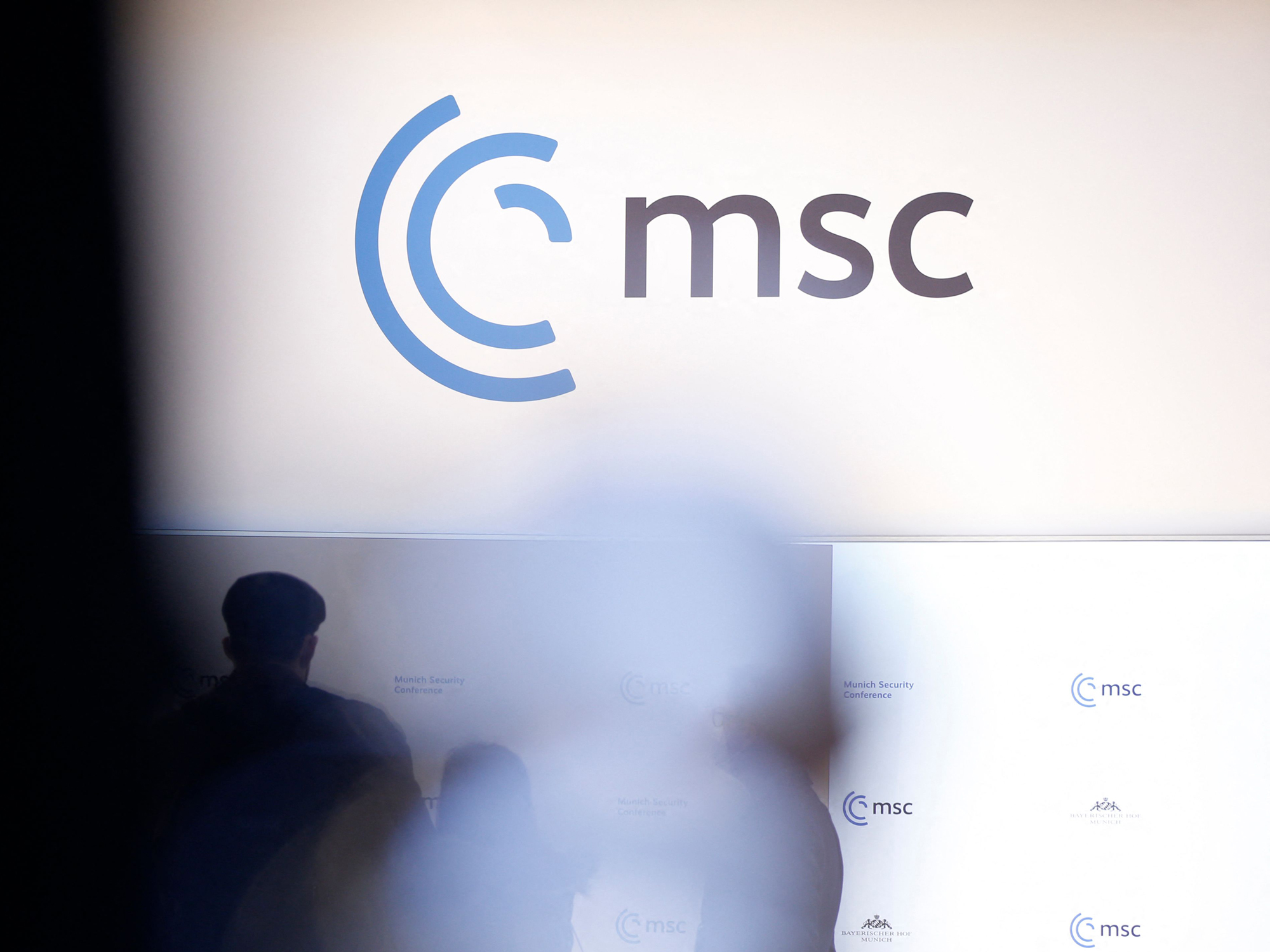
Twenty of the world’s leading technology firms have united under a common cause. At the heart of their mission is a commitment to counteract the potential for AI-generated content to disrupt global elections—a concern that has risen sharply as misinformation increasingly threatens the fabric of democracy. This collective action was announced during the prestigious Munich Security Conference (MSC), marking a pivotal moment in the dialogue surrounding technology’s role in safeguarding electoral integrity.
How Are Tech Giants Combating AI’s Threat to Elections?
Among the coalition are tech behemoths such as Amazon, Google, Meta (formerly Facebook), Microsoft, TikTok, and OpenAI—each acknowledging the formidable power and peril embodied by their creations. This diverse group spans the entire spectrum of the tech landscape, from social media giants and search engines to pioneers in AI research and development. Their pledge is a response to the burgeoning realization that AI, particularly through tools capable of generating deepfake images, videos, and audio, poses unprecedented risks to the democratic process.
What Risks Does AI Pose to Democratic Elections?
The voluntary accord signed by these entities articulates a shared recognition: the rapid evolution of AI technology presents not only opportunities but also significant challenges to the democratic process. The dissemination of deceptive content, capable of misleading voters and jeopardizing the integrity of elections, stands at the forefront of these challenges. As Nick Clegg, president of global affairs at Meta, aptly noted, the endeavor to combat AI’s deceptive potential transcends individual corporate capabilities and necessitates a collaborative effort spanning industry, government, and civil society.
Echoing this sentiment, Brad Smith, vice chair and president of Microsoft, emphasized the ethical obligation of companies to prevent their tools from becoming instruments of election manipulation. This call to action resonates against a backdrop of escalating global concerns, with pivotal elections on the horizon in major democracies such as the United States, the United Kingdom, and India.
Addressing the Challenge
The scrutiny of tech companies, especially those managing major social media platforms, is not new. For years, these companies have navigated the challenging waters of harmful content moderation on their sites. However, the advent and proliferation of generative AI tools have intensified anxieties about technology’s potential to subvert elections more directly and insidiously than ever before.
Instances of misuse have already emerged, casting a shadow over the reliability of digital content. To address these concerns, notable incidents have included:
- USA: A robocall falsely claiming to be from President Joe Biden urged voters in New Hampshire to abstain from participating in a primary election.
- Global Incidents: AI-generated clips of politicians, designed to deceive and manipulate public opinion, have been found across the UK, India, Nigeria, Sudan, Ethiopia, and Slovakia.
The Next Steps in Combating AI Misuse
In response to these threats, the signatories of the Munich pledge have committed to developing and deploying collaborative tools aimed at identifying and eliminating harmful election-related AI content on their platforms. Proposed measures include:
- Technological Innovations:
- Watermarking: Clarify the origins of digital content and denote any alterations.
- AI Model Evaluation: Open evaluation of generative AI models to assess electoral risks.
- Content Moderation Enhancements: Improve the detection and removal of deceptive content.
Moreover, the accord commits to an open evaluation of generative AI models, like those powering OpenAI’s ChatGPT, to comprehensively assess the risks they pose to electoral integrity. This introspective approach is indicative of a broader trend among tech giants, who have increasingly engaged in voluntary initiatives to mitigate the risks associated with AI advancements.
Tech Giants’ Commitment to Action
Recent months have seen several such commitments. Notably, OpenAI, Google DeepMind, and Meta agreed to subject their generative AI models to scrutiny by Britain’s AI Safety Institute. This step towards open evaluation represents a significant move towards ensuring AI technologies are developed and deployed responsibly.
| Tech Company | Commitment |
|---|---|
| OpenAI | Open evaluation of AI models with Britain’s AI Safety Institute |
| Exploring watermarking tools for image provenance | |
| Meta | Implementing labels for AI-generated images on social platforms |
Additionally, as part of its participation in the Coalition for Content Provenance and Authenticity, Google announced its exploration of watermarking tools to delineate the genesis of images. Meta, too, has pledged to label AI-generated images shared across Facebook, Instagram, and Threads, aiming to implement these changes in the coming months.
This collective pledge at the Munich Security Conference, therefore, is not an isolated endeavor but part of a series of proactive steps by the tech industry to confront the challenges posed by AI. It reflects a growing consensus on the need for a multi-faceted strategy that combines innovation, transparency, and collaboration to safeguard the integrity of democratic processes in the age of artificial intelligence.
Featured Image courtesy of MICHAELA REHLE/AFP via Getty Images
